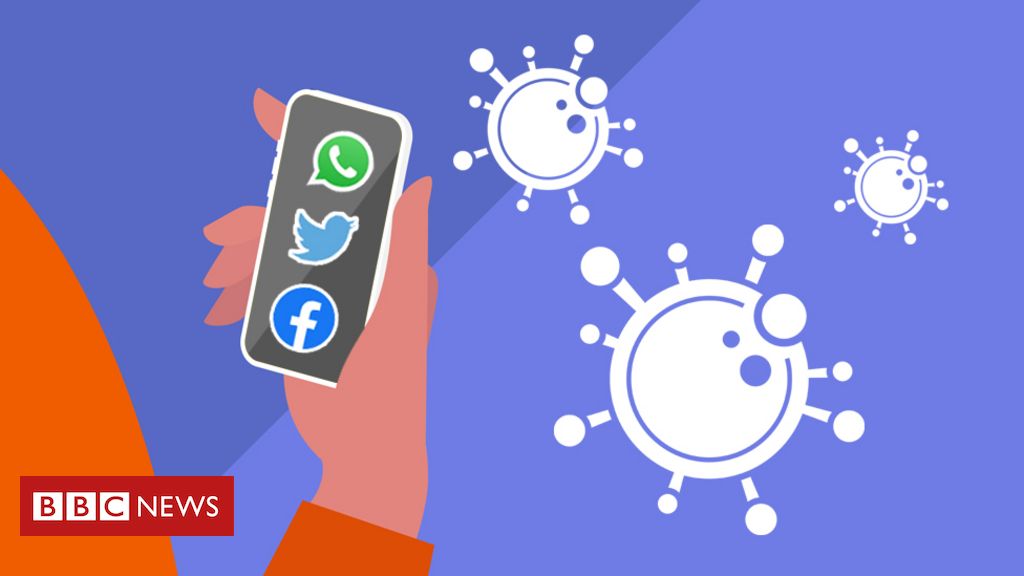
I’ve written before about “thinking like a virus” but I admitted in that piece, viruses don’t think. They are just information and a vector for transmission of that information. Without a host to build more of them, they are inert. The information is crucial.
We are hearing now of Covid mutations. They carry different information. It doesn’t sound like the virus is more or less deadly; it just spreads easier. Further, it seems the immunization is still effective against these mutants. Isn’t it amazing that such an organism can change, adapt so quickly?
But we humans are struggling with information and its transmission right now. Just like Covid, some of us can get infected with information and it does us little harm. Others get pretty sick. Think of the guy who drove a couple hundred miles to a pizza place in Washington DC to save the trapped, abused kids in the basement he had read about on the internet. He walked in with his AR, only to find there was no basement for that building. As he was getting booked he said, “I guess the intel on this was weak.”
Consider how information affects you. There’s so much out there these days, we are awash in it. But some can change your life; some washes past you like river water. I always thought of this when giving a patient a diagnosis. That information can change your life, either way.
We have all heard the phrase about something on the internet “going viral”. Why are we humans so quick to spread things? Is it because the platforms (big business, maybe the biggest nowadays) the vectors for this information make it so easy? “Share”, click, it’s done. There is no doubt these big businesses think about this more than you or I do. But we get their products for free, don’t we? They are so nice. 😉
Information by itself, not acted upon, much like a virus, floating in the air, is inert. But if that virus finds a warm body that can build more of it, it replicates, multiplies, spreads.
If information on the internet finds a host (you or me) and we dismiss it, it dies. But if we take it in, think about it, act on it, even if only to “share” it, we have propagated, replicated it. It spreads.
Our immune systems are in charge of identifying harmful viral infections and getting rid of them. Most times they succeed. Other times not.
Sometimes viruses don’t cause us much harm. Think of the lowly wart on your finger or toe. It’s a viral infection your body just hasn’t identified. And it’s not causing much harm, is it? But cervical warts cause cancer in women, and they die from it, or they used to. Nowadays we have an immunization. Cervical cancer is disappearing as a killer of women.
Our brains are supposed to protect us from harmful information. But just like our immune systems, our brains can ignore small insults, weak signals. It takes a healthy immune system to deal with viruses and a healthy intellect to manage the sea of information we are swimming in.
The most important question in all of this has to do with how, each of us, will deal with the information infections we get daily. Is our intellectual immune system healthy enough to limit the spread of toxic information? Or are we at risk to become infected, not show symptoms, and spread the illness to others?
Viruses and information can both be toxic, though neither is always so. As we struggle with managing our current Covid pandemic, the parallels with our struggles in this information age are evident. I predict neither the virus, nor the information plague will wipe us out. But both could make us pretty miserable if we aren’t up to the test.
